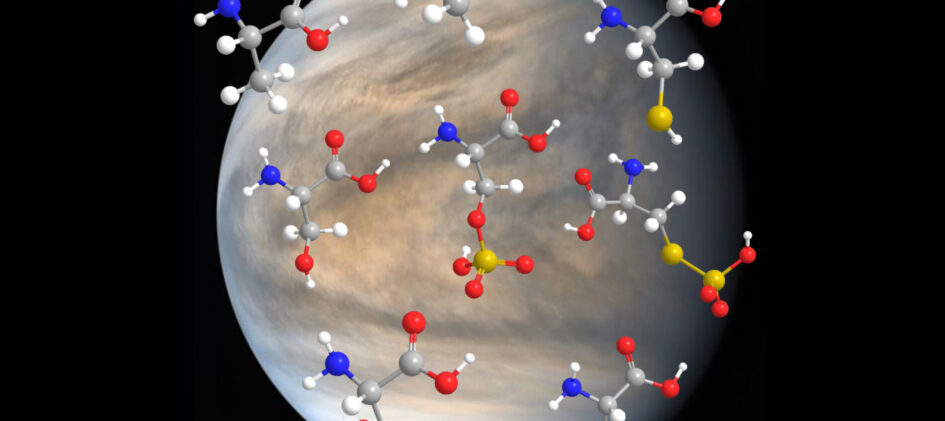Eight MIT faculty members are among the 250 leaders from academia, the arts, industry, public policy, and research elected to the American Academy of Arts and Sciences, the academy announced April 24. One of the nation’s most prestigious honorary societies, the academy is also a leading center for independent policy research. Members contribute to academy […]
Read More








